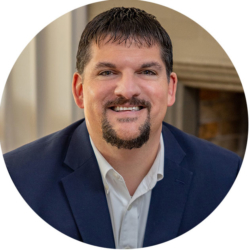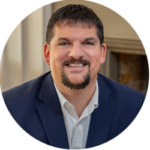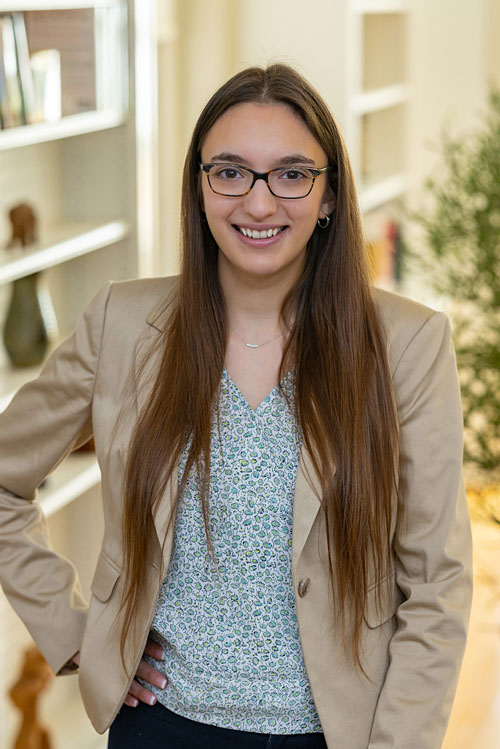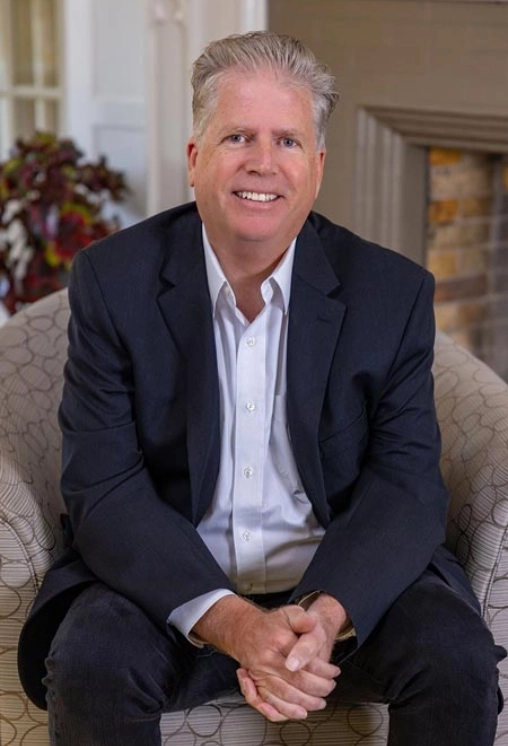Firm VP: Save, Invest, Protect During Good Times and Bad
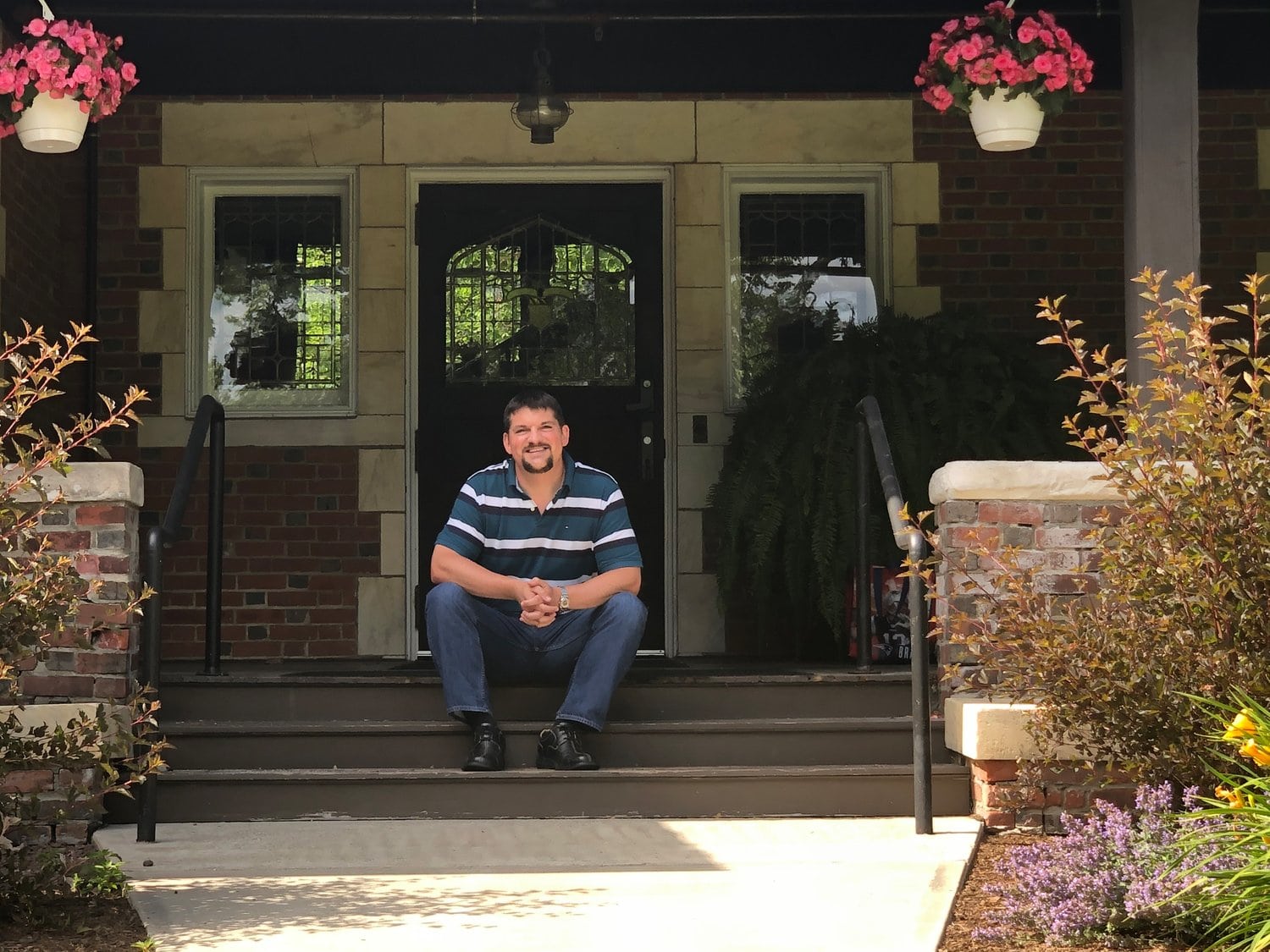
Real Money: Straight-up Answers with Berkshire Money Management
DALTON — When you put your money into the hands of a financial adviser, you don’t want a workweek warrior, someone who punches in at 9 and out at 5, only caring about their boat upgrade or catching the next happy hour (both on your dime).
You want someone who’s reading up on the global markets around the clock.
At Berkshire Money Management, that someone is Scott Little.
Little, 43, is the firm’s vice president. He’s been with the company more than 18 years, working from the mailroom all the way to the board room.
Born and raised in North Adams, Little enjoys his “small orbit” in the Berkshires, only making it as far as Adams after getting married.
These days, when he’s not steeped in Bloomberg, you’ll find him with his daughter, 12, fishing for pumpkinseed or taking in the fresh air with his wife at the Greylock Glen “for some quiet time, some peace of mind and some exercise,” he says.
Some folks know him for the meals ministry work that he does with his church in Adams, but for Little, helping people with their financial futures is his calling. He spoke with The Eagle this week about his passion for planning in this second installment of Real Money: Straight-up Answers with Berkshire Money Management, a Q&A series sponsored by the firm.
Q What brought you to the business of financial planning?
A I bought my first mutual fund when I was 18, and through that I really started to develop a greater and greater interest in the world of investments. In my childhood and early adulthood, I had seen firsthand what can happen if you don’t get good investment advice and decided that I would like to do something to change that in my own corner of the world. I think this field has found me as much as I found it. I love what I do. I think investing and investments are as much a hobby as they are a career. I read investment periodicals for enjoyment. There’s certainly the human component, too, seeing the positive change that I can effect on people’s lives by providing sound advice.
Q What money lesson should be taught in school but isn’t?
A We live in this consumer-driven world, especially our own country; over 70 percent of our economy is driven by consumer spending. I feel like how to save money gets lost. How to use a credit card to your advantage but not fall prey to the many pitfalls. How to invest in a 401(k), and how to take advantage of your company’s match. Really learning how to save, how to be forward thinking, not living just for today, but putting something aside to be prepared for tomorrow. And the importance of time as your greatest asset when you’re saving money; it’s far more important than the amount you save, or how great of an investment picker that you are. The more years you have to compound interest and the more you save every year, starting at an early age, will be more beneficial than saving more at a later age.
Q Has the pandemic changed your overall thinking about the market?
A People tend to be very emotional during times like this, but the markets have functioned rationally. They did what they were supposed to do. Entities like the Federal Reserve intervened to maintain that functionality. They injected trillions of dollars of liquidity to keep the gears of the monetary system functioning properly, and I think they accomplished that. Part of the reason we had the Great Depression was because there was a real lack of intervention by our fiscal and monetary system, which at that time was not nearly as developed and did not have nearly the toolbox that it does today. The difference being, this won’t last 10 years; it’ll likely last 3 to 6 months.
Q What does time-of-crisis investing look like to you?
A There’s two ways you can prevent loss in a portfolio. The first is trying to manage the money around appropriately, rebalancing as you’re going through a crisis to limit the downside volatility; not timing the market, but just being in tune with trends, trying to move and try to stay ahead of the curve. The other way to manage risk is by never being that much into the market when a crisis hits. That’s where risk tolerance comes in. If you’re much older, and don’t want to take chances with your money, understanding that you’ll have less return, but you’ll also have less risk. You don’t know when a crisis is going to descend upon you, but someone with a very conservative risk tolerance won’t have the exposure to the market at the time a crisis hits.
Q At times like these, what are the safer places for money?
A It’s high-quality bonds, consisting of government bonds, sometimes municipal bonds, sometimes corporate bonds. It can also consist of some cash, especially if clients are withdrawing from a portfolio on a regular basis. Having several months in cash, so you’re not forced to sell when the market is low, is another way to manage the risk. We want to keep it in something safe, very liquid, usually some type of cash or money market account that will be available. Unlike safety and availability, interest isn’t really the main priority. If we’re holding cash for a longer period of time for a client, then selecting a vehicle like a purchased money market fund could be better-suited. It might offer more yield.
Q Why not just protect and preserve current holdings and assets?
A If all you’re doing is preserving assets and not growing assets, then the likelihood of meeting your long-term goals and drawing off this money at a later date is going to be compromised. We have to look for opportunities to be able to grow the account, consistent with the client’s objectives and tolerance for risk. If you’re someone who is younger and more accepting of risk, then during more normal times, we can invest in instruments that are designed to provide that growth, which might be more stocks than bonds. Or, if you’re someone who isn’t in retirement yet but close, maybe somewhere in between, a blend of stocks and bonds. You always have to marry risk and reward, preservation and growth, and pursue opportunities to help people to grow their money so they can have what they need in retirement.
Q Who helps make those kinds of decisions for portfolios at Berkshire Money Management?
A We have an investment committee here built up of six of us, Allen Harris included, of course, who is our founder and chief investment officer. We all discuss our own ideas for the market, and we’ll all pull together research and have a discussion. What I enjoy about that is almost every generation is represented within the investment committee meetings people in their 20s, 30s, 40s, 50s. We have a lot of different vantage points, which I think makes for very constructive conversations.
Q What does a relationship with Berkshire Money Management mean for clients, for today and tomorrow?
A We feel that the vastness of our service offerings, offering what people really need and what they want, and having it all under one roof is important and desirable. You’ll have someone on your side who can do a lot more than just buy one investment and sell another. It means having a partner, someone during the tough times who can help you stay on track. Someone during the good times that can help you understand the opportunities, and help you to better define what your goals are.
Have questions about what Berkshire Money Management can do for your financial future? Visit Scott Little and his team at berkshiremm.com, or call 413-997-2006 or 888-232-6072.
This article, written by Noah Hoffenberg, originally appeared in The Berkshire Eagle on July 6, 2020.
Scott is a Behavioral Financial Advisor, Certified Elder Planning Specialist, and Vice President at Berkshire Money Management. He uses his skills and experience to help clients achieve ambitious goals and help those experiencing major life transitions avoid the pitfalls of emotional decision-making.
